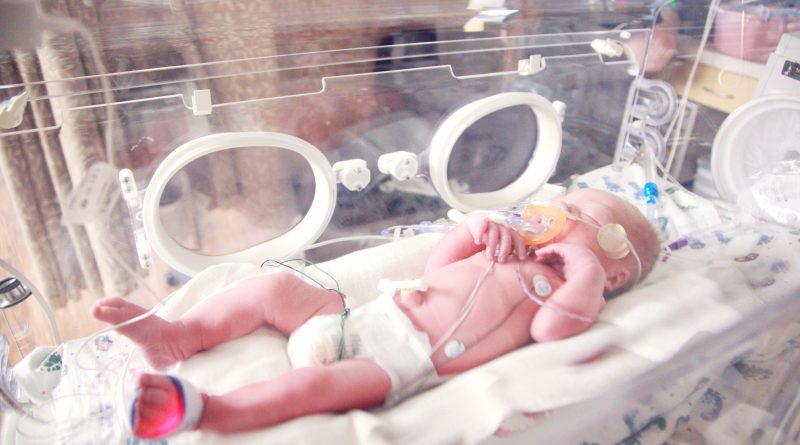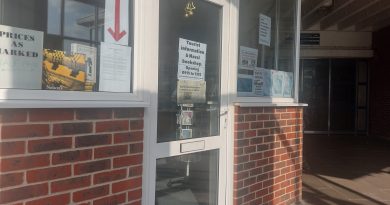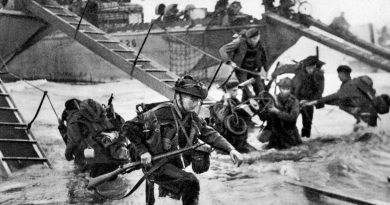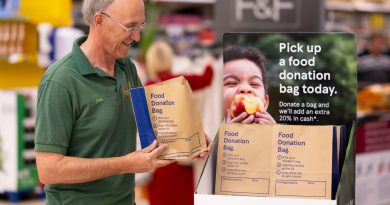Southampton is part of the UK’s first helicopter incubator to save critically ill babies
By Michelle Monaghan
CLINICIANS FROM UNIVERSITY HOSPITAL SOUTHAMPTON (UHS) have helped to design England’s first helicopter incubator which will help to transport critically ill babies in need of specialist care.
The clinicians, who are part of the Southampton Oxford Neonatal Transport service (SONeT), were the first team to use the new incubators for two vital transfers in the South.
SONeT is a collaboration between the neonatal intensive care units (NICUs) in Oxford and Southampton. The service provides emergency neonatal retrievals, planned transfers and repatriations in the Thames Valley and Wessex Neonatal Network.
The TCAA provides the only intensive care aircraft in the country dedicated to transferring critically ill babies and children, at a high and safe speed, from local hospitals to specialist paediatric and neonatal treatment centres.
An incubator is an apparatus used to maintain environmental conditions suitable for a newborn baby and is used in preterm birth or for some ill full-term babies. The ability to maintain the temperature, humidity and oxygen levels provides a safe environment for the young patient.
The new and bespoke TCAA Neonatal Transport Systems have been designed with input from SONeT to ensure they are able to provide outstanding care in the air.
According to Bliss, over 90,000 babies born in the UK each year require care in neonatal units, either being born prematurely (before 37 weeks of pregnancy) or full term (after 37 weeks) but sick. Bliss is a charity that ensures every baby born premature or sick in the UK has the best chance of survival and quality of life.
In 2016, Bliss published a report on Transfers of premature and sick babies. Their principal findings were:
- 15% of emergency transfers were because the unit was full.
- 50% of services reported staffing gaps in the one-week snapshot Bliss had asked about.
- 4 out of 17 services had no dedicated team to move babies at night.
A Paramedic who worked for the Ambulance Service for 29 years (who has asked to remain anonymous) shared his experience of caring for babies in critical condition and the resourcefulness of using helicopters.
He said, “Doing any critical care transfer by road ambulance is challenging, especially with neonatal transfers. Unfortunately, there is limited neonatal critical care capacity at the centres across the country, so it is quite common for babies to be transferred between hospitals. Even with blue lights, traffic and poor road conditions limit the distance that it is practical to transfer a neonate by land ambulance.”
“Helicopters, on the other hand, because they are so fast, allow transfers between distant hospitals that would be impractical by land ambulance. I believe that using helicopters in this way will save lives because it will allow the sickest neonates the quickest access to the specialist care they need.”
Speaking on behalf of SONeT, Dr Sarah Davidson, neonatal consultant at University Hospital Southampton and SONeT Wessex lead said: “It has been an absolute pleasure to be part of the design team for the new flight incubator which has incorporated years of clinical experience with specialist engineering to produce a safe, first-rate and high functioning transport system.”
“A lot of time has gone into making this a safe way to transport even our sickest patients, ensuring they have access to intensive care equipment and therapies whilst they are travelling to the specialist centre.”
“The incubator system will allow SONeT to move patients who were previously too small or needed additional support and we are very pleased to say we have already been able to fly using the new incubator and this was a patient who previously would not have been able to be flown to us for specialist care.”
“Working with TCAA provides so many benefits including reduced transfer times, reaching patients more quickly to deliver expert care and treatment at the scene, bringing babies closer to home when a mother delivers in another part of England, moving patients as an emergency to specialist neonatal units and repatriating them back to local units.”
“We look forward to continuing to partner with the TCAA to provide the best possible care for our babies and their families and make sure they get the care they need safely and as soon as possible.”
Alfie Daly, Head of Operations for the Children’s Air Ambulance said; “I am delighted that we have now introduced our bespoke Neonatal Transport Systems so we can transfer neonatal patients and support the great team at SONeT to provide the best possible care. A tremendous amount of work has gone into this project which is fundamentally based on NHS clinicians’ requirements to ensure they have everything they need to provide the best possible patient care. It’s a huge achievement for the Children’s Air Ambulance and a lifesaving piece of equipment.”
To find out more about the work of the Children’s Air Ambulance, visit their website here.
PICTURED BY ALEXANDER GREY ON UNSPLASH: A 34 week premature baby in an isolette incubator with oxygen.




